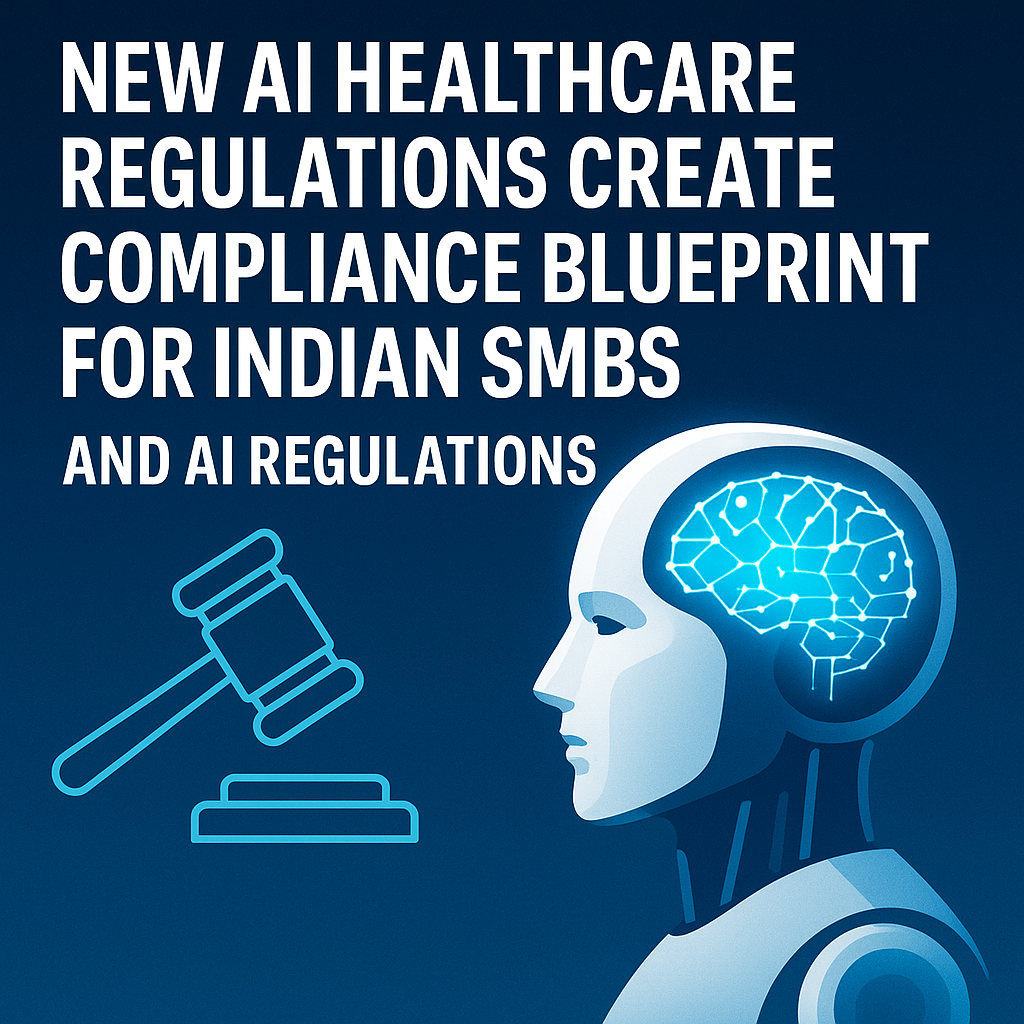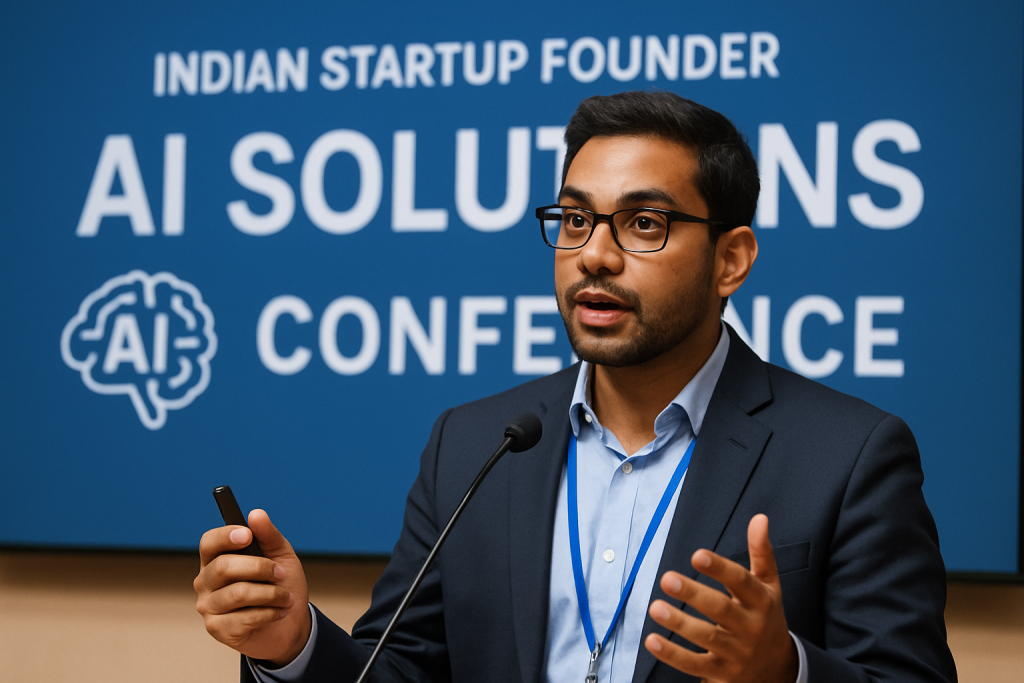AI Regulations Reshaping Healthcare Globally
AI regulations are reshaping healthcare worldwide. For Indian small and medium businesses (SMBs), understanding these changes is important now. US states are leading regulatory frameworks that will influence international standards.
Why AI Healthcare Compliance Matters Now
AI has moved beyond marketing buzzwords into real business tools. Healthcare organizations use AI for patient management, diagnostics, and fraud detection. But with this power comes responsibility and regulation.
No comprehensive federal AI framework exists in the US yet. States are filling this gap with strict new rules. These regulations will likely shape global standards, including India.
The regulatory landscape affects Indian businesses in three ways. First, companies working with US healthcare clients must comply with healthcare compliance standards. Second, these standards may shape India’s future AI rules. Third, early compliance provides a competitive edge.
Key State Regulations Setting Global Standards
California leads with the AI Transparency Act, effective January 2026. It requires businesses to notify users when AI generates or changes content. Companies must disclose their use of AI in consumer interactions. Colorado’s AI Act targets high-risk AI applications with big impacts on healthcare decisions. The law defines high-risk AI as systems making important decisions in healthcare and other critical fields.
The Colorado framework requires three key compliance areas. Developers must avoid algorithmic discrimination based on race, disability, age, or ethnicity. Companies need risk management policies to document and reduce discrimination risks. Regular impact assessments are required.
Utah’s Artificial Intelligence Policy Act covers regulated jobs, including pharmacies. The law calls for clear AI use disclosure. Violations can mean fines up to $2,500 per case. Texas signed the Responsible AI Governance Act in June 2025. This is a more limited version of California’s law but shows the spread of AI regulation trends.
Strategic Advantages for Indian Healthcare SMBs
Early compliance preparation gives Indian SMBs a competitive advantage. Indian companies serving global markets can appear as regulation-ready partners. These builds trust with international clients and investors.
Three categories of AI tools get different regulations. Clinical support tools that inform but don’t direct medical judgment usually avoid FDA regulation. Consumer wellness items like fitness trackers generally qualify for wellness exceptions. Administrative AI systems for billing and inventory management typically fall outside the scope of medical device regulations.
However, AI systems making clinical decisions face strict oversight. The pending Lokken v. UnitedHealth case shows risks. United allegedly used proprietary AI to deny patient benefits, causing a death. This highlights liability concerns for AI in healthcare decisions.
What Business Leaders Should Know About AI Healthcare
AI use calls for strategic planning beyond just technology. Companies must evaluate their capabilities and external rules simultaneously. They should balance innovation with compliance to reduce risks.
Regulated processes run by AI remain regulated. Businesses stay responsible for AI-driven outcomes, including negative agency actions. The main task is to verify that AI works properly and complies with regulations regularly.
State and federal rules will likely increase. Staying up to date with these changes is key to ongoing compliance. Any AI affecting clinical judgment risks triggering lawsuits and agency actions.
Market Impact of AI Healthcare Regulations in India
Indian healthcare SMBs should prepare for similar AI rules at home. Government and third-party payors use AI for fraud detection. Examples include flagging high-risk prescriptions and spotting improper claims.
This regulatory environment creates chances for compliant companies. Organizations showing responsible AI use build strong trust, a key factor in AI-driven healthcare markets.
Risks and Considerations for AI in Healthcare
AI tools can break, malfunction, or misfire like any technology. Automated tasks carry risks of unnoticed accidents. Companies must set up verification for AI-driven operations.
Working with legal experts and AI developers is critical. Understanding rules and spotting regulatory gaps helps navigate the changing landscape well.
The future belongs to organizations leading responsible AI use. Those who prioritize compliance while innovating will do well as AI becomes key to healthcare delivery and administration.


